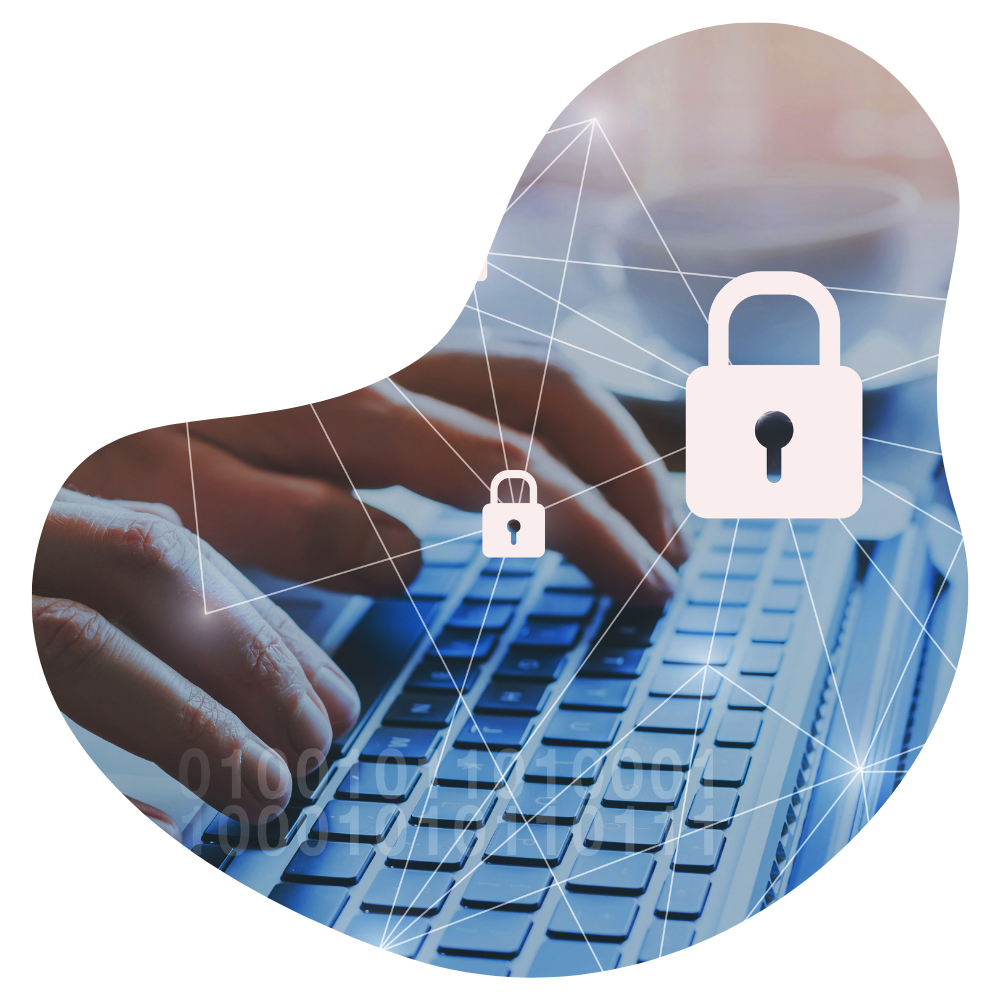- Current context
An HR context conducive to dematerialization
In 2024, the challenges and issues facing the HR department are multiple: optimization of work performance, improvement of the QVT of the company's team and employees, security of personal data and compliance with the GDPR, etc.
From an operational point of view, 65% of HR people spend at least half of their time carrying out tedious and time-consuming administrative tasks. A waste of time partly due to the classification and search problems caused by the paper format.
“Stop filing cabinets and personnel files filled with paper and stacked on the shelves! »
To get out of this vicious spiral, HR services have one option: go paperless.










